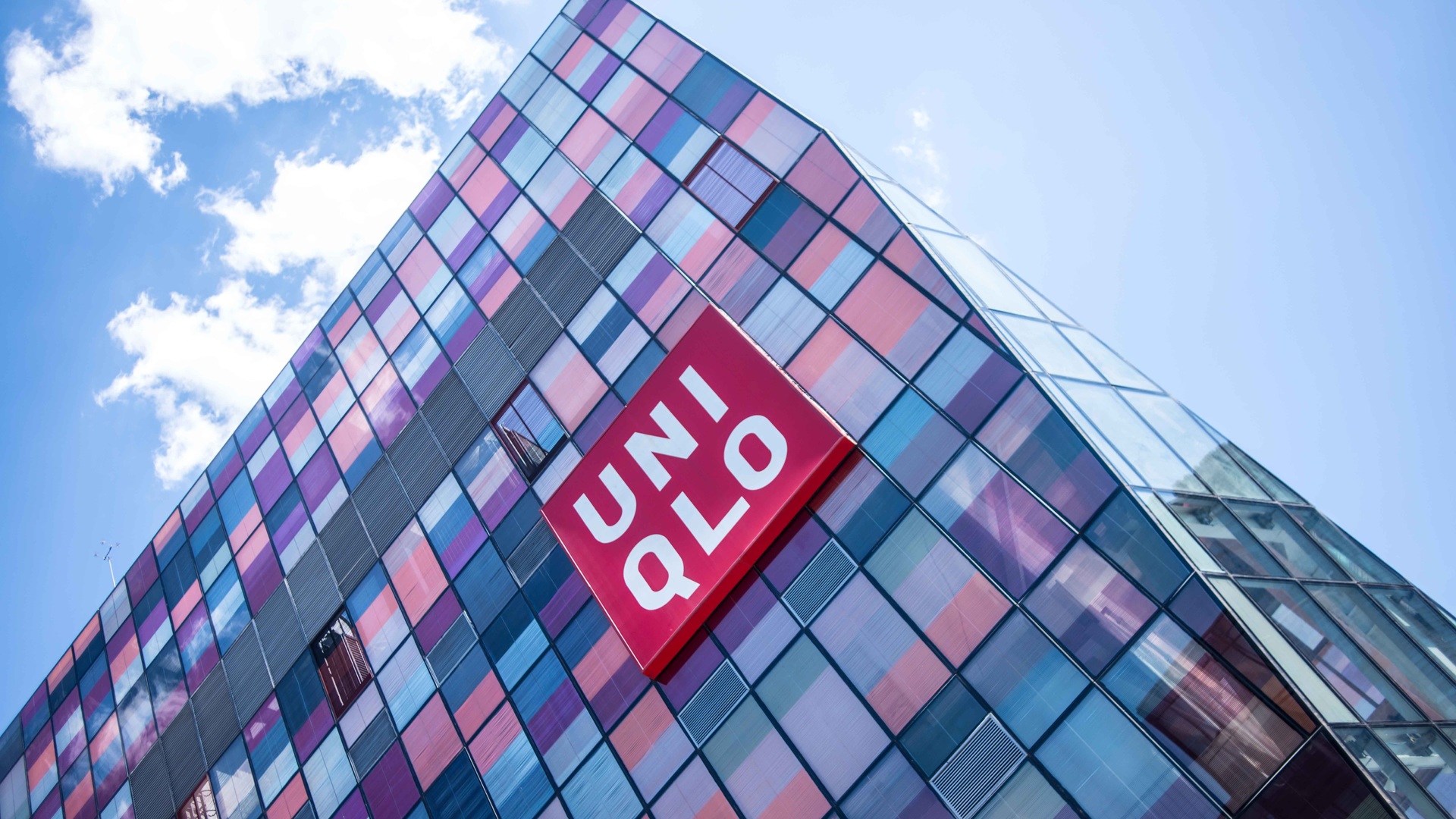Japanese fast-fashion brand Uniqlo has more stores in China than Japan, meaning the Chinese market has become the driving force for Uniqlo’s growth, according to a report released by the Chinese version of the Nikkei News on October 10, 2020.
“Based on China’s population of 1.3 billion, Uniqlo should have more than 3000 stores in China.” CEO Tadashi Yanai said in an interview.
Uniqlo is a Japanese clothing brand born in 1949 and entered the Chinese mainland market in 2002. it is also the first foreign fast-fashion brand in the Chinese mainland market. By the end of August 2020, Uniqlo had 767 stores in China, surpassing the 764 in Japan. The figure was only 387 in August 2015, which means it has doubled in five years.
Uniqlo is similar to other fast-fashion clothing brands, focusing on products with quality and appearance at the middle and low end at the same time. In 2002, when it first entered the Chinese mainland market, Uniqlo was still priced too high for Chinese consumers. But with the rise in spending power that has exploded in the Chinese market since 2015, Uniqlo has begun to do well in China.
However, European and American fast-fashion brands such as Zara and H&M have failed to achieve the same success in the Chinese market as Uniqlo, mainly because the design style of European and American clothing brands do not meet the preferences of the Chinese people. Similarly, Uniqlo’s attempts in the United States and Europe have not been successful.
According to the forecast of Fast Retailing, Uniqlo’s parent company, Uniqlo’s revenue in China will exceed that in Japan in the fiscal year 2024 at the rate of development over the past five years.
But Uniqlo’s development may not always be smooth. On the one hand, the development trend of e-commerce in China may affect the sales of Uniqlo’s offline stores. On the other hand, after 2016, Chinese local brands have risen in almost all categories of consumer goods.
MUJI, a Japanese grocery brand on a par with Uniqlo, has been blocked by local brand Miniso in China and has been losing ground. Although there are no local Chinese brands that can compete with Uniqlo in clothing, many Guo Chao brands (China Style Fashion Label) are more popular with young Chinese consumers than Uniqlo.
Uniqlo is well aware of this, says Mr. Yanai: “We can’t be one-sided with China. It’s important to keep a balance.”

评论